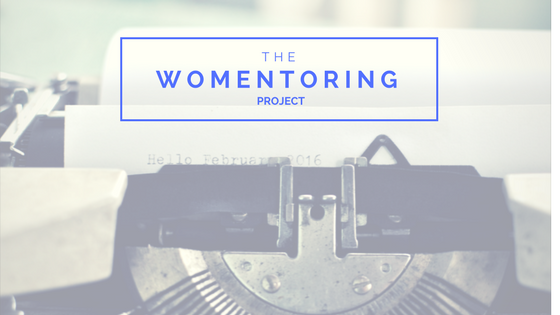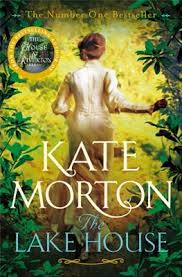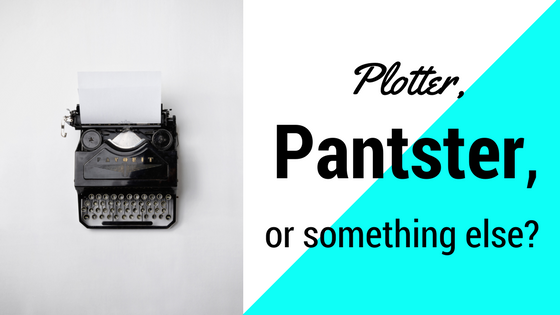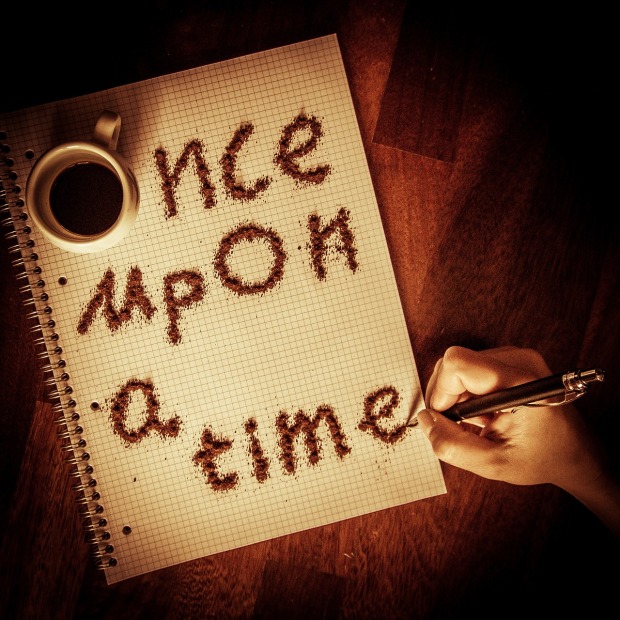
Photo by Lukas on Pexels.com
I was at a writing conference in Dublin recently called The Insiders Guide To getting Published, and on the panel were five literary agents, so naturally the topic of query letters, or how to pitch to an agent came up. This is what they said.
Query letters – How To get It Right
- In the body of the email – not as an attachment
- Address it to the correct person – not dear Sir/madam, or Mr Penguin or even as just Hi! – Dear (first name) is fine.
- NEVER send it to multiple agents at the same time with the same email. if they see multiple other agents all added in they will just delete. (It is ok to send it to several agents at a time if you send each email separately and have personalised each email).
- Subject line of email put your name and book title ( when they quickly scan their emails for the day, they go through them and very VERY briefly look over them. If your fantastic query attracts them they might mark it and come back to it later).
- You have done your homework though, and this agent does take #DarkRomance tales with a mystery sub-plot, don’t they? Always always always check this is the right agent. If they don’t like #DarkRomances with a mystery sub-plot they will just DELETE your email after line three.

Photo by Breakingpic on Pexels.com
What To Include In Your Query Letter
- First paragraph – say why you have chosen to query them. Dear agent, I see that you represent author such-and-such, and you are looking for more historical/romance/saga etc books, and I think my manuscript would be a good fit. Magical Wonderings is a Women’s fiction novel of 85,000 words. If you saw they asked for #Dark Romances on twitter, or you met them in the queue for the ladies toilets at a literary festival, or you heard their Agent talk, or anything that shows you’ve done your homework and they are the right agent for you – mention it now! Also get your title, genre and word-count in here. If it suits readers of sagas/crime/thriller etc, suggest that it would suit readers who like to read (pick two similar authors but keep them current, not ten years out of date.) For Fans of … Keep it plain and simple so they can easily see the information they need and don’t give them any reason to hit the DELETE button in their email box!
- Second Paragraph – This is where your hook goes. Short and witty/pithy/fabulous etc. A couple of sentences, no more.
- Third Paragraph – Something relevant about you. They do not need to know you are married with three children (oops, I have done this). They do not need to know you like scuba diving in your spare time, EXCEPT if your #DarkRomance with a mystery sub-plot has a protagonist who is a diving instructor, and the hook literally hangs on the diving plot. If you have won a competition – literary of course, Miss Knobbly Knees, Clacton 1963 does not count, unless of course your book is a saga with a knobbly knees contest etc etc etc, written 25 short stories which are published all around the world, or a Major Publisher has asked to see your full manuscript. Ok, you get the picture. Anything relevant. If you are still a debut author with no writing credits to your name then just say so, but that you are aiming to write historical novels full-time for the next twenty years. Something like that.
- Do not give them any reason to not even read your submission. The query email is your first point of contact with the agent so make a good impression. No spelling mistakes. Keep it clear and to the point.
If you have any other tips etc, please leave a comment. Thanks.
 Image by Jessica Lewis of Unsplash
Image by Jessica Lewis of Unsplash

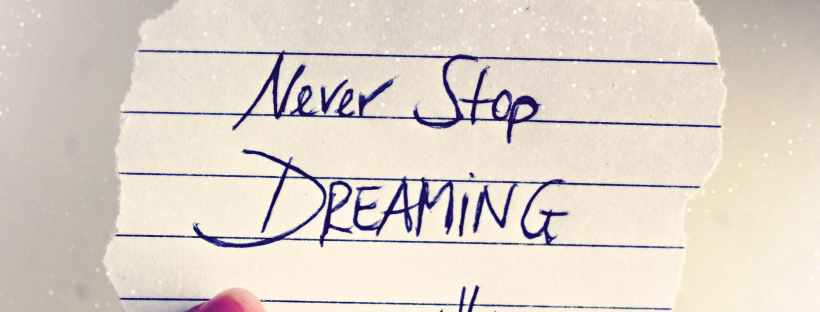


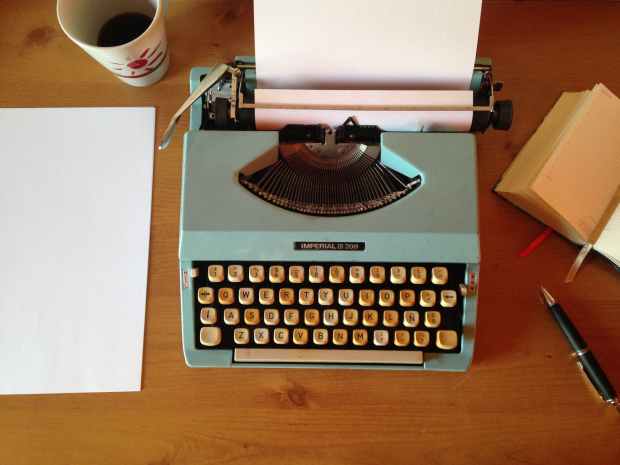

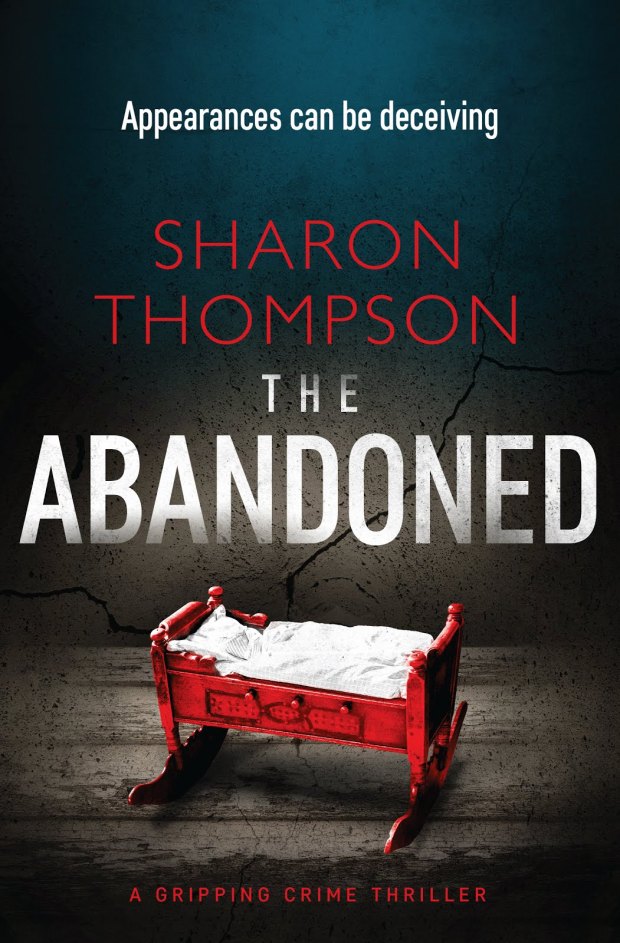 The Abandoned by Sharon Thompson has been my first read of 2018, and what a brilliant one!
The Abandoned by Sharon Thompson has been my first read of 2018, and what a brilliant one!





